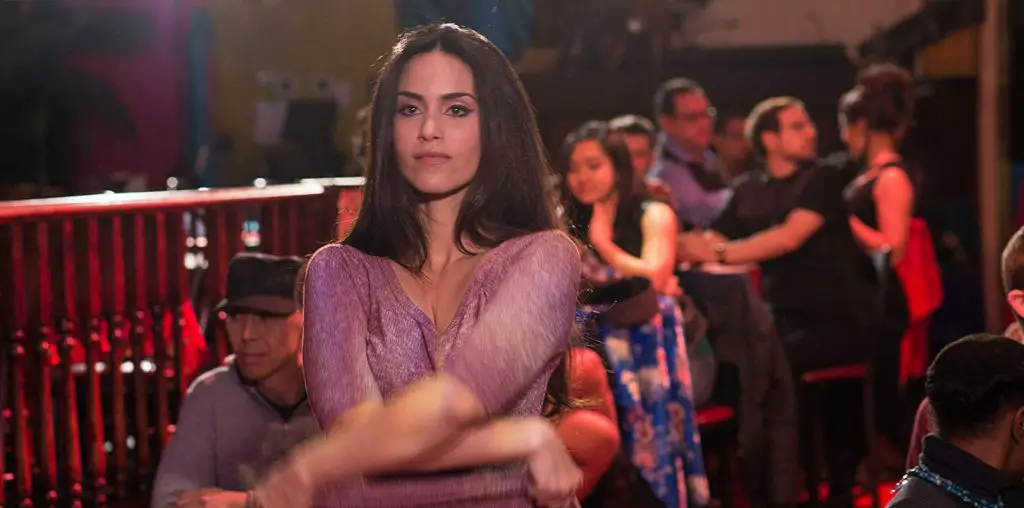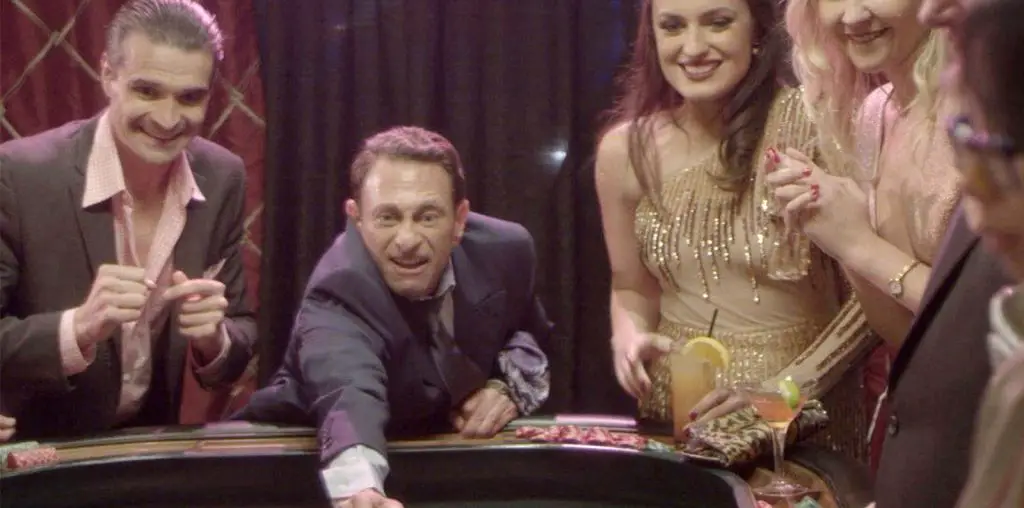
“Murderball” isn’t a documentary played in the key of those Olympics stories that inspire you with sugary drivel, although it is ultimately inspiring. Its athletes aren’t portrayed in the idealized way that suggests they are perfect heroes, although they are as accomplished as most heroic athletes. Quadriplegic rugby was originally called “murderball,” after all, and the people involved in the sport have just as much if not more spirit, energy and attitude as any rugby players with full control of their limbs.
And they play without helmets or pads.
The documentary, by Henry Alex Rubin and Dana Adam Shapiro, follows the members of the U.S. Paralympic quad rugby team and explores other personalities and aspects of the sport, which is quite an interesting sight. Using specially built apocalyptic wheelchairs, players from two teams ram into their opponents, sometimes knocking them over, as they try to move the ball into the goal on their end of a basketball court. While it’s designed for people confined to wheel chairs, there’s nothing about the game that could be described as toned down.
And the athletes’ personalities aren’t toned down, either. Filmed in their daily lives, they are raunchy, grumpy, energetic and determined in various combinations. They even know how the pity factor can help them get laid. They’re quite annoyed when people trivialize the sport, which they play to win, or treat them like they can’t do things on their own. One man lost his arms as a child due to a degenerative blood disease, and as annoying as it is to him when people act like he needs help, it’s impressive that he can perform regular daily activities, let alone be among the top players in his sport, which has around 500 players in the United States.
Murderball goes beyond the obvious subjects to explore the lives that quad rugby affects. In addition to the team members, it follows Joe, an older, once star U.S. player who is a legend of the sport, but became bitter with the U.S. team when he was cut after passing his prime. After some unsuccessful lawsuits against the team, he became the coach for Canada, causing his former teammates to consider him a traitor. This conflict creates a rivalry that helps form the arc of the film. Joe can be grumpy and angry, seen in his life as a parent and in his passionate shouting during games, and his story is one of many that explore the personal lives of the sportsmen. One ingenious parallel sequence follows a young man named Keith who had a recent accident and is beginning recovery. It can take around three years to regain strength and establish independent sustainability after an accident, and many never fully succeed. Sports for quadriplegics offer the hope of more than simply making one’s way in life, and people like Keith can still do the things they love.


